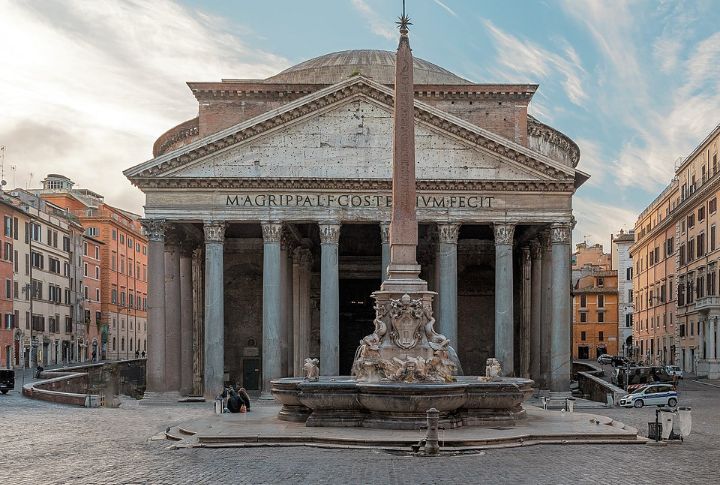
Imagine a world where a single decision changes the fate of an empire. When the Roman Empire embraced Christianity, it triggered a monumental shift in history. This wasn’t just about faith; it had profound effects on Rome’s policies and society. Do you know how this pivotal moment reshaped the empire? Let’s explore the 10 key advantages of Christianity that transformed Rome.
Unified The Empire Under One Religion
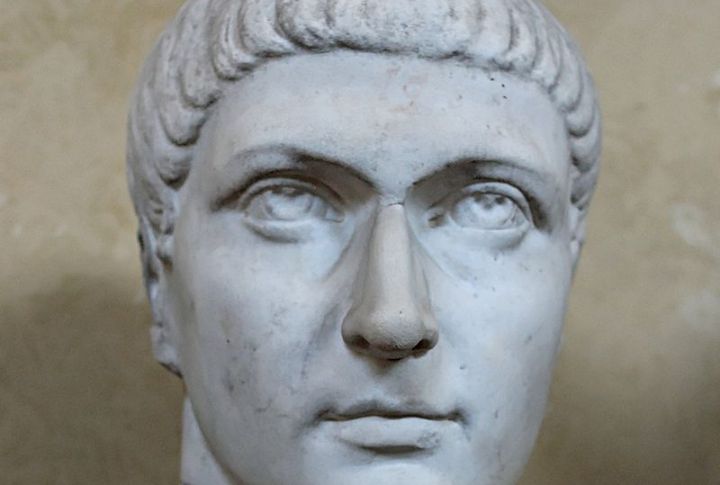
The Edict of Milan legalized Christianity and ended long-standing persecution, fostering religious tolerance. This set the stage for Theodosius I to declare it the state religion. Consequently, pagan temples were repurposed, and bishops assumed civic roles. Through this integration, Christian symbols unified the empire, which enhanced both cultural identity and political stability.
Strengthened Imperial Authority Through Divine Legitimacy
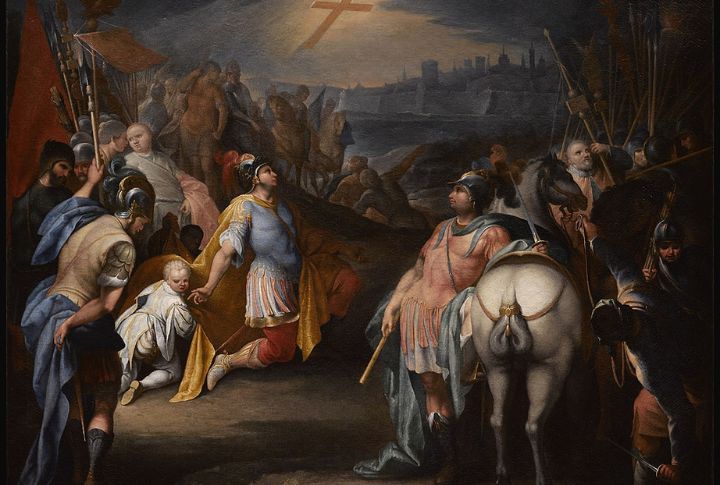
After Constantine won the Battle of the Milvian Bridge, people believed God supported him. This helped strengthen the emperor’s power. Emperors gained religious influence and even led church meetings like the Council of Nicaea. Their titles became more Christian and made them seem chosen by God, not just born into leadership.
Boosted Literacy And Record-Keeping
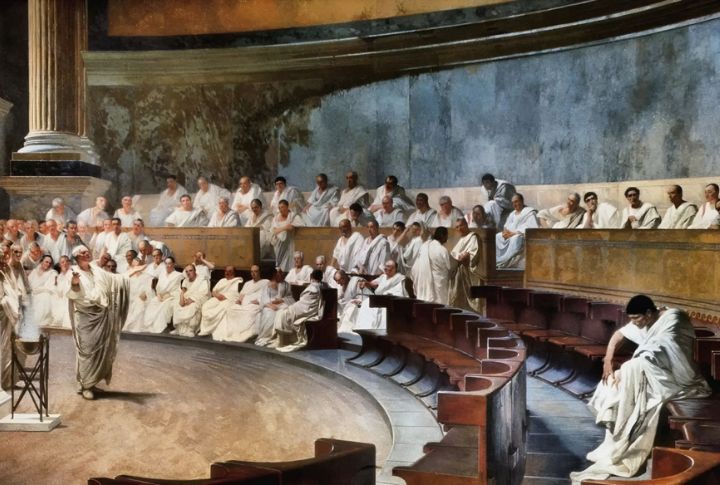
One major benefit of the Roman Empire becoming Christianized was a rise in literacy. To spread Christian teachings, scriptures had to be copied and shared across regions. Monasteries became centers for preserving texts and training scribes. Translations like Jerome’s “Vulgate” helped standardize language, while educated clergy promoted widespread reading and writing.
Inspired New Forms Of Art And Architecture
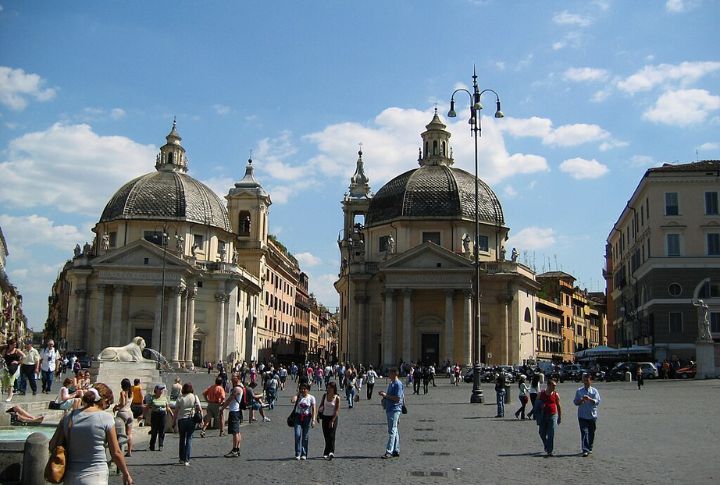
As Christianity became the empire’s main religion, art and architecture took new forms. The cross appeared in mosaics and sculptures, and 3rd-century tombs featured Christian symbols. Soon, architects moved away from pagan temple designs. Instead, they built basilicas like Old St. Peter’s, large spaces meant for Christian worship and community life.
Created A Moral Framework For Lawmaking
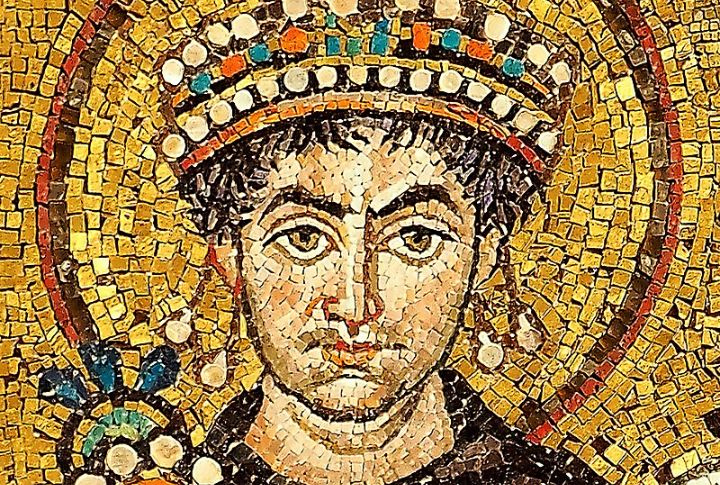
Once Christianity entered the scene, Roman law underwent a serious moral transformation. Gladiator games were shut down, and infanticide was finally banned. Church leaders also joined the conversation, helping shape laws with moral weight. Even the Ten Commandments left a mark. Later, Emperor Justinian I of the Eastern Roman Empire led reforms that rooted Christian ethics in legislation.
Helped Abolish Human Sacrifice And Brutal Traditions
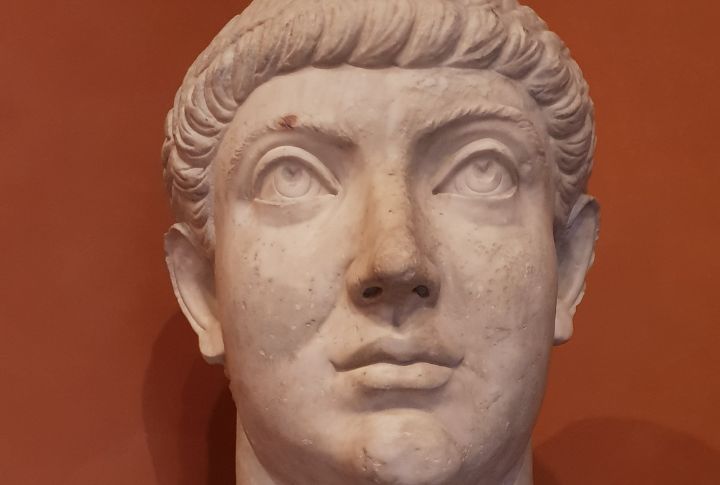
The Christianization of the Roman Empire abolished brutal practices like human sacrifice and ritual killings. In particular, Emperor Constantius II, son of Constantine the Great, banned pagan ceremonies that supported these traditions. As Christianity spread, public torture events lost imperial support, which ultimately created a more humane and compassionate society.
Elevated The Role Of Women In Religious Life
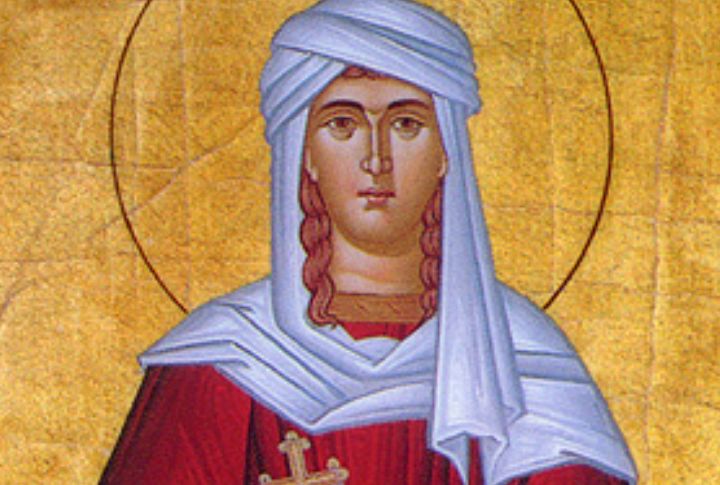
Christianity’s rise gave women new respect in life. They could become nuns or consecrated virgins with social honor. Saints like Helena and Thecla were widely venerated. Women also helped in funding church projects. Female deacons assisted with baptisms, too. These inclusions led women to play a more influential role in society.
Linked Rome To A Global Religious Network
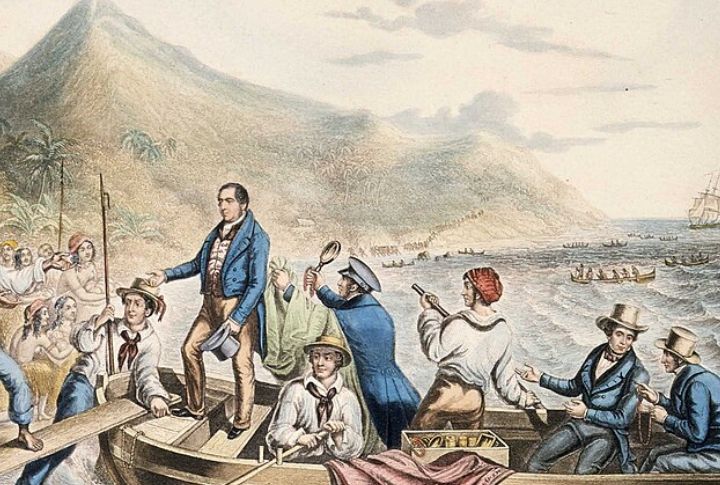
Rome’s Christianization helped the empire connect with a global religious network. The Roman bishop’s rise in prominence led to the creation of the papacy. Missionaries expanded Christianity into Northern Europe and Africa. As Rome became a pilgrimage destination, communication with Eastern and Southern churches flourished, and synods united bishops from multiple regions.
Fostered Long-Term Cultural Stability
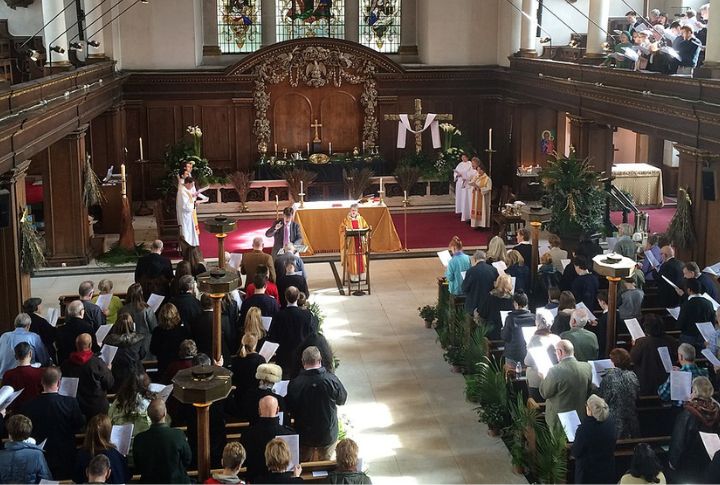
Even as old Roman festivals disappeared, the Christian calendar kept the structure of Roman timekeeping in place. Holidays like Easter and Christmas gave people new reasons to gather, but the rhythm—seasonal feasts, public days of rest, shared observances—still echoed Rome’s long-standing traditions of marking time together.
Encouraged Peaceful Conflict Resolution

As Christianity grew, solving problems peacefully became a priority. The Romans employed excommunication to settle disagreements in a spiritual way. Bishops helped settle disputes between citizens and the government without violence. Instead of fighting, Church councils encouraged talking things through. Christian courts also took care of marriage and inheritance issues.

